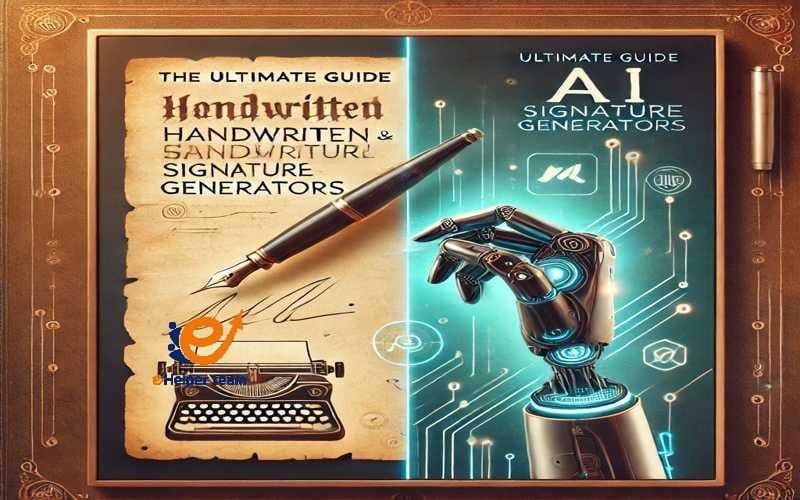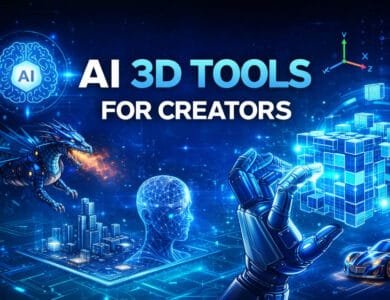The Future of AI-Powered Trading: How Automation is Reshaping Financial Markets
The financial trading landscape has undergone a significant transformation with the rise of artificial intelligence (AI). From institutional investors to retail traders, AI-driven platforms are revolutionizing how people engage with markets. In this article, we will explore the evolution of AI in trading, its benefits, risks, and what the future holds for automated financial systems.
The Evolution of AI in Trading
Early Algorithmic Trading
Algorithmic trading began in the late 20th century when institutions used simple rule-based systems to execute trades automatically. These systems relied on pre-defined conditions, such as moving averages and arbitrage opportunities, to enter and exit positions.
The Rise of AI-Powered Platforms
The integration of AI into trading started in the 21st century, driven by advancements in machine learning and big data analytics. AI-driven systems can process massive amounts of financial data, identify patterns, and execute trades with high efficiency. Modern platforms like traderaiplateforme.fr leverage AI to provide traders with real-time market insights and automated strategies.
Benefits of AI Trading Platforms
1. Enhanced Market Efficiency
AI trading platforms can analyze vast amounts of data within milliseconds, reducing market inefficiencies. This leads to better price discovery and more liquidity in financial markets.
2. Emotion-Free Trading
One of the major pitfalls of human trading is emotional decision-making. AI eliminates this issue by executing trades based purely on data and logic, minimizing impulsive decisions.
3. Faster Execution
Speed is crucial in trading, especially for strategies like high-frequency trading (HFT). AI platforms execute trades in microseconds, providing a significant advantage over manual trading.
4. Data-Driven Decision Making
AI systems can analyze multiple market factors, including historical trends, news sentiment, and macroeconomic indicators, to make informed trading decisions. This allows traders to optimize their strategies and improve profitability.
Risks and Challenges of AI Trading
1. Market Manipulation and Flash Crashes
While AI enhances efficiency, it can also contribute to market instability. Flash crashes, such as the 2010 U.S. stock market crash, have been linked to algorithmic trading. Rapid execution of large orders can cause extreme volatility in short periods.
2. Over-Reliance on Technology
Traders who fully rely on AI without understanding the underlying market dynamics may face losses if the system encounters unexpected scenarios. AI models are only as good as the data they are trained on, and unforeseen economic events can disrupt even the most advanced algorithms.
3. Regulatory and Ethical Concerns
Governments and financial regulators are increasingly scrutinizing AI trading to ensure fair market practices. Compliance with regulatory requirements is essential to prevent AI-driven market manipulation and ensure investor protection.
The Role of AI in Crypto Investing
The cryptocurrency market, known for its high volatility, has become a prime area for AI trading. AI-powered bots can analyze blockchain transactions, news sentiment, and market trends to execute profitable trades. Platforms specializing in crypto investing offer automated solutions for traders looking to navigate the complexities of digital assets.
Advantages of AI in Crypto Trading
- 24/7 Market Monitoring: Unlike traditional stock markets, crypto markets operate 24/7. AI bots ensure that traders do not miss opportunities due to human limitations.
- Arbitrage Opportunities: AI systems can exploit price differences across exchanges, generating profits through arbitrage strategies.
- Risk Management: AI helps in setting stop-loss and take-profit levels dynamically, reducing potential losses.
The Future of AI Trading Platforms
As AI continues to evolve, trading platforms will become more sophisticated, integrating advanced deep learning models and predictive analytics. The emergence of decentralized AI trading systems, combined with blockchain technology, could further revolutionize the financial industry.
AI-Powered Risk Management
Future AI trading platforms will incorporate enhanced risk assessment tools to predict potential market downturns before they happen. Machine learning models will analyze global economic indicators, geopolitical events, and social media sentiment to adjust trading strategies accordingly.
Integration with Blockchain Technology
The combination of AI and blockchain will improve transparency and security in trading. Smart contracts will automate trade settlements, reducing counterparty risks and improving efficiency.
The Role of AI in Personal Finance
Beyond institutional trading, AI is also making its way into personal finance management. AI-driven robo-advisors are helping individuals manage their investments with minimal effort, offering personalized portfolio recommendations based on risk tolerance and financial goals.
Conclusion
AI-powered trading platforms have transformed financial markets by enhancing efficiency, reducing emotional biases, and providing faster execution. However, challenges such as market manipulation, over-reliance on technology, and regulatory concerns must be addressed. As AI continues to evolve, its impact on trading and investing will only grow, shaping the future of finance.
For those looking to explore AI-driven trading solutions, platforms like AI trading platform offer cutting-edge technologies that can enhance trading strategies and investment outcomes.



